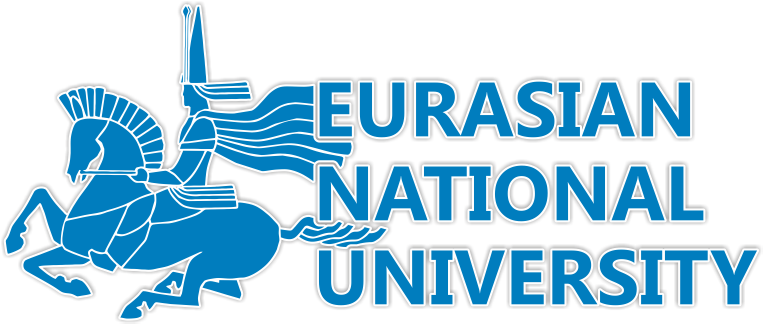In the 2022-2023 academic year, the Department of International Law will carry out work on practice in accordance with the academic calendar. First of all, professional practice programs for educational programs 6B04202 - "International Law", 7M04202 – "International Law", 8D04202 - "International Law" were approved.
Students of the Department of International Law undergo professional practice under a tripartite agreement. The bases of practice are the bodies of foreign relations of the Republic of Kazakhstan; international and regional organizations; diplomatic missions, including accredited in the Republic of Kazakhstan; national companies; departments for international cooperation of public authorities and management; judicial authorities; law enforcement agencies; private firms.
Preparation, organization, management, educational and methodological support of the practice of students is carried out by the graduating department, namely the head of the practice.
During the internship, trainees are required to obey the internal regulations of the basic organization, observe labor discipline, and follow the orders of the administration and the head of the practice. Students perform the functions of a trainee intern. Each intern is attached to a mentor specialist for practical work. The intern is assisted in organizing practical activities by the heads of the practice from the base body and the heads of the practice / teachers of the Department of International Law. The internship is conducted in accordance with the work schedule drawn up by the intern together with the head of the professional practice from the university, approved by the dean of the faculty.
Professional practice is one of the most important components of professional training in the direction of "04 Business, management and law". It is an effective mechanism for transferring the acquired knowledge and skills from the field of theory to the field of everyday professional activity. Being the central link in the system of training specialists, professional practice helps students to become more aware of the correctness of their professional choice, to check the assimilation of theoretical knowledge gained during their studies, to determine professionally important qualities of the future specialty. Using the unique capabilities of the organization allows you to adapt the knowledge and skills of students to the conditions of a specific professional activity already in the learning process.
Professional practice is aimed at expanding and consolidating the theoretical and practical knowledge acquired by students in the learning process, acquiring and improving practical skills according to the chosen educational program, preparing for future professional activity. This is an active individual form of training of students, during which they develop the ability to work independently, based on individual plans and tasks.
The main content of professional practice is the performance of practical, educational or production tasks in organizations or institutions that correspond to the nature of the professional activity of the future specialist. Professional practice allows you to effectively combine theoretical knowledge with practical training, and is aimed at instilling in students the skills and abilities specific to the chosen educational program.
The date of the beginning and end of professional practice is set by the schedule of professional practices of students in accordance with the academic calendar, working curriculum and educational program.
The purpose of professional practice is to consolidate and expand the knowledge acquired by students during theoretical training on the basis of practical participation in the activities of enterprises, organizations, institutions, the formation of the ability to apply them in professional activities, the expansion of practical skills of independent and research work, as well as the necessary general cultural and professional competencies.
The purpose of passing the professional practice of postgraduate education is the formation of students' positive motivation for professional activity and the development of professional competencies that ensure readiness for independent practical activity in accordance with the profile of training and conducting various types of law enforcement actions using innovative approaches and technologies; the formation of skills to perform design, constructive, organizational, communicative and educational functions related to effective law enforcement; consolidation of psychological, pedagogical and legal knowledge in the field of professional training and acquisition of skills of a creative approach to solving specific theoretical and practical problems.
Resumes of students, undergraduates, doctoral students majoring in International Law
Characteristics from employers
The model of a Bachelor's degree graduate majoring in International Law
The graduate model of the Master's degree in International Law
The model of a graduate of the Doctoral program of the specialty "International Law"
Graduate model of the Department of International Law
Employment of graduates of the specialty "International Law"
|
Years |
Bachelor’s degree |
Master's degree |
Doctor's degree |
total in % |
|||
|
Amount of graduates |
% of employed |
Amount of graduates |
% of employed |
Amount of graduates |
% of employed |
||
|
2017 |
89 |
82 |
43 |
91 |
1 |
100 |
85 |
|
2018 |
87 |
91 |
20 |
95 |
3 |
100 |
96 |
|
2019 |
64 |
98 |
20 |
100 |
1 |
100 |
99 |
|
2020 |
72 |
95 |
19 |
95 |
5 |
100 |
96 |
|
2021 |
44 |
98 |
14 |
98 |
2 |
100 |
98 |
|
2022 |
40 |
99 |
9 |
99 |
3 |
100 |
99 |
